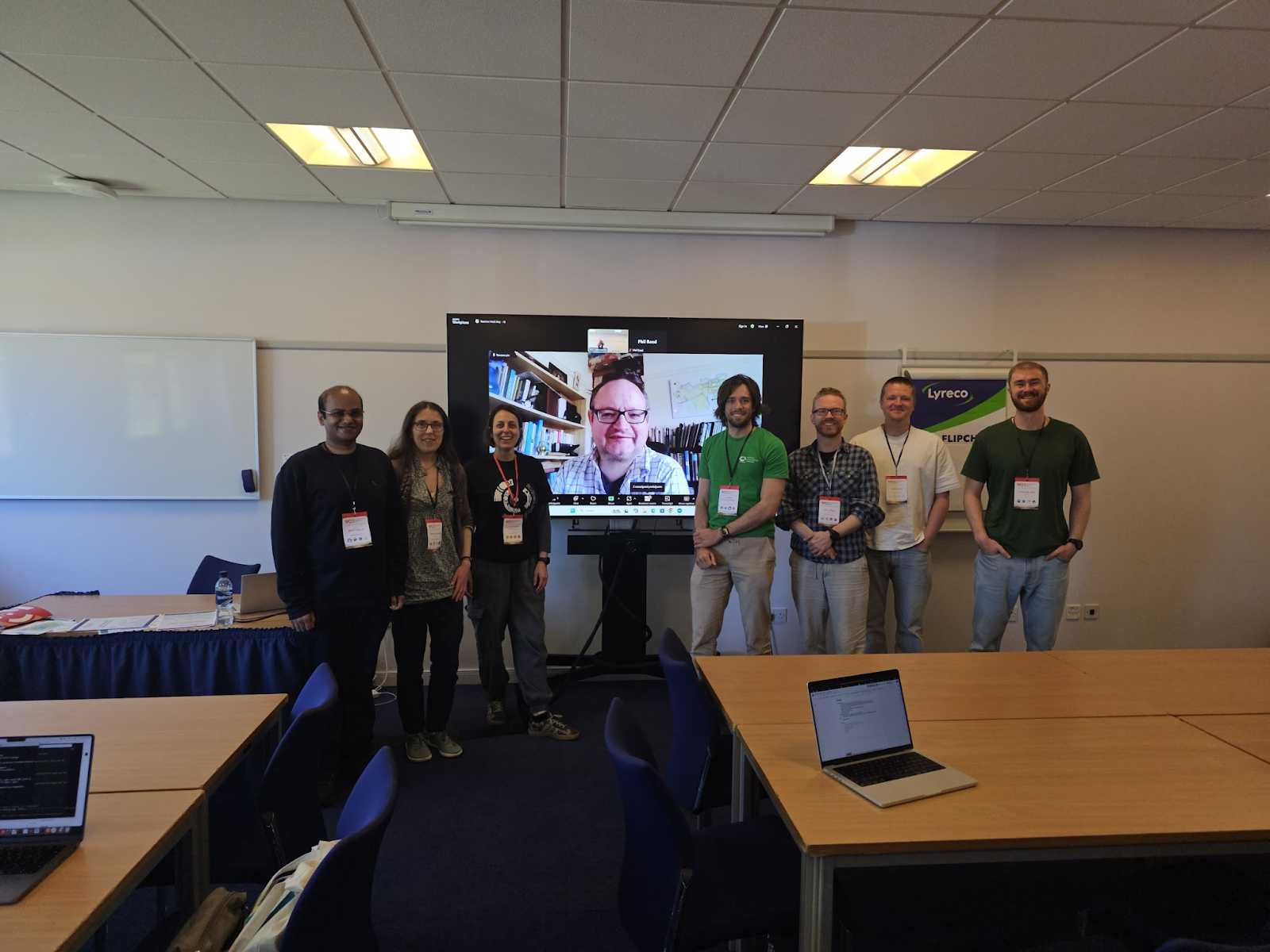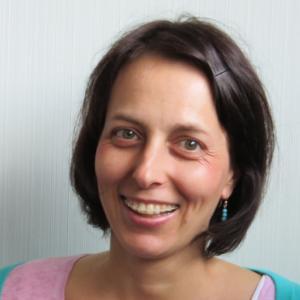This year's Collaboration Workshop 2025 (CW25) brought together members of the community to explore and refine the evolving DIRECT framework - a community-developed approach to mapping digital research skills and competencies into a framework to support diverse progression pathways for researchers who code, RSEs, data specialists, RSE group leads, research project leads, etc., and help them find relevant resources or track and manage their professional profiles and development.
The creation of the DIRECT framework began two years ago at CW23 (originally called the "RSE Skills and Competencies Toolkit" - now extended to "Digital Research Competencies Framework" to encompass other roles and domains in digital research) and has been progressing ever since. With strong momentum behind it, CW25 presented the perfect opportunity to gather community input once again and collaboratively shape the next phase. We proposed a 30-minute workshop at CW25 to share progress and gather feedback, with the hope that it would spark enough interest to carry the work forward into the Hack Day—which, fortunately, it did.
The workshop
The workshop was held on Wednesday 14 May (CW25 Day 2) and was co-led by Aleksandra Nenadic, Phil Reed, and Aman Goel (University of Manchester), with contributions from collaborators including David Horsfall (Newcastle University), Adrian D'Alessandro (Imperial College London), Jonathan Cooper (UCL), and Eli Chadwick (University of Manchester), all of whom have been closely involved in shaping the framework over the past two years.
The session invited participants to reflect on how well the existing version of the framework captures the skills needed across a range of domains, with a particular focus on AI, HPC and general systems infrastructure, domain-specific research and professional (non-technical) competencies.
Following brief introductions and a video overview recorded by Dave Horsfall, the 20+ participants rolled up their sleeves for a hands-on review of the framework, providing feedback via shared documents. These live contributions not only helped assess the current structure but also filled in the gaps in the missing training resources and seeded ideas for future improvements and collaboration. The session concluded with a pitch for the Hack Day project (which traditionally takes place on Day 3 of the Collaborations Workshop) to continue shaping the framework and extend the work on its practical implementation as a Django web application.
The Hack Day
During the Hack Day, we split into two focused sub-groups: one dedicated to further refining the framework content and its documentation (Phil Reed, Aleksandra Nenadic and Patricia Loto), and another building a Django-based web application (Adrian D’Alessandro, Bryn Ubald, Andrew Gait, Tamora James, Connor Aird, Ryan Smith) to make the framework interactive and accessible to end users.
The framework team worked toward a version 1.0 release, incorporating feedback from the earlier workshop held the day before, streamlining structure, and capturing missing skills identified by contributors. Meanwhile, the web app team developed essential features such as skill browsing and user profile creation, and made progress towards competency visualisation using "competency wheels." The app will allow individuals and teams to self-assess, compare skill sets, and even define templates for key roles - e.g. for data scientists, archivists, or RSEs with HPC specialisms.
The event attracted several first-time CW hack day participants, including contributors from the humanities, showing how widely applicable and inclusive the framework could become. The group made effective use of GitHub Projects to organise their tasks (28 planned for the Hack Day) and pull requests (12 PRs made closing 18 issues/tasks with 3 more in progress), fostering transparency, collaboration, and accountability throughout the day. There was a strong emphasis on sustainable development, good documentation, and attribution for all contributors — including those working outside GitHub.

Future Work
We have several things lined up for 2025:
- Dave Horsfall’s leadership of the DIRECT framework development is now funded by the UKRI Digital Research Infrastructure programme as part of the DisCouRSE NetworkPlus grant. We hope that flexible funding from this network will provide extra dedicated effort next year.
- As part of his SSI Fellowship, Phil Reed is taking the DIRECT Framework to the UK-Ireland Digital Humanities Association annual event DHA25, as a workshop to capture and compare the voices of digital humanities researchers with the mostly STEM-focused work conducted so far.
- The University of Manchester is hosting an Open Research Conference on 9-10 June 2025. Aleks Nenadic and Phil Reed are presenting a talk about the DIRECT Framework and its benefits within the wider open research movement.
- The DIRECT Framework is featured as part of two workshop proposals for RSECon25 in September.
- The team are in discussions with Australian Research Data Commons exploring common interests and opportunities.
Call for involvement
If you're passionate about helping researchers better articulate and develop their technical and non-technical competencies, keep an eye on the DIRECT framework—or better yet, get involved! Connect with the contributors, join the conversation, and help us shape the future of digital research skills.



